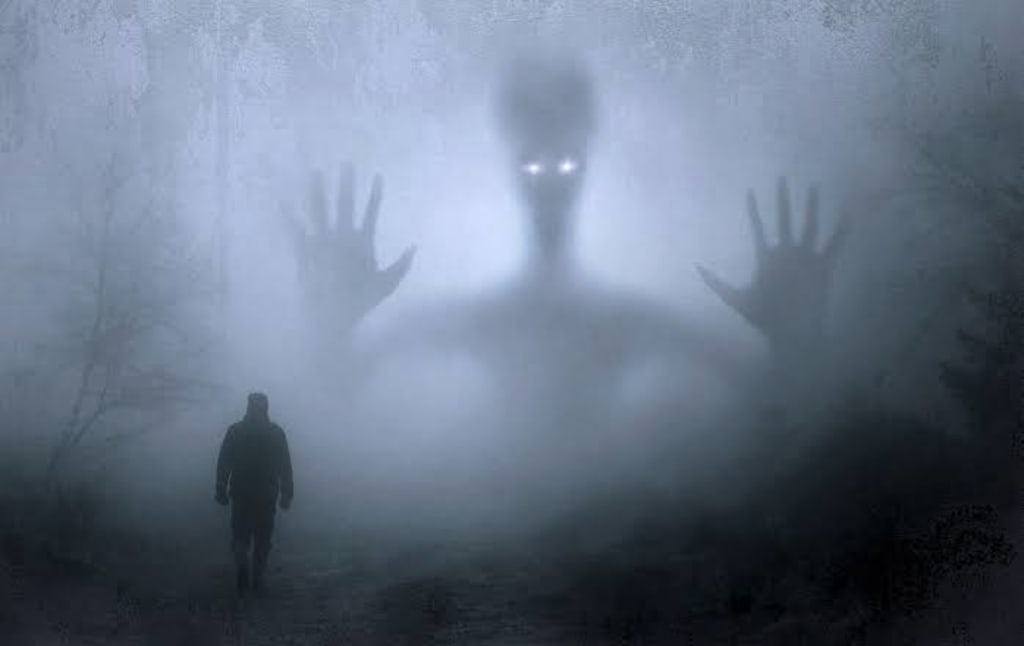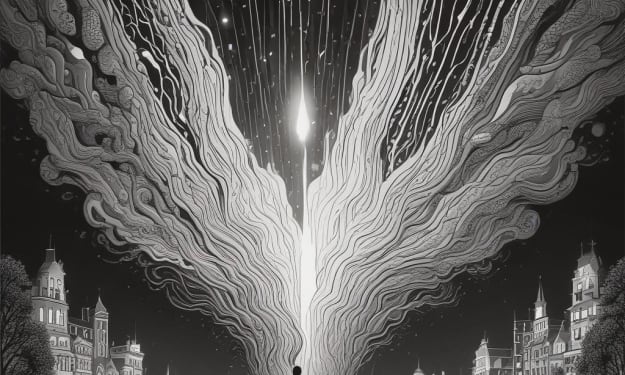
The concept of ghosts has captivated human imagination for centuries, weaving its way into folklore, literature, and popular culture. While skeptics dismiss their existence as mere figments of our imagination, a considerable number of people claim to have encountered supernatural entities. In this article, we delve into the reality of ghosts, examining various perspectives, scientific theories, and personal experiences.
Historical Perspectives on Ghosts
Beliefs in ghosts can be traced back to ancient civilizations. Egyptians revered spirits as crucial guides in the afterlife, as evidenced by the extensive rituals and tomb inscriptions. Similarly, the Greeks believed in spirits or shades lingering on Earth after death. Ghost stories also find their place in religious texts such as the Bible, where encounters with spirits are described.
Scientific Explanations and Skepticism
From a scientific standpoint, skeptics argue that the existence of ghosts contradicts the established laws of physics. They maintain that ghostly apparitions are simply a product of human psychology and perception, influenced by factors such as optical illusions, pareidolia (the tendency to see familiar patterns in random stimuli), and the power of suggestion.
Another perspective dismisses ghosts as manifestations of sleep paralysis, a phenomenon where individuals experience a temporary inability to move or speak while falling asleep or waking up. Sleep paralysis often accompanies vivid hallucinations, leading some to interpret these experiences as encounters with otherworldly beings.
Psychological Experiences and Hauntings
Psychologists explore the phenomenon of ghostly encounters through the lens of human psychology. Many sightings can be attributed to subjective experiences, hallucinations, or heightened emotional states. In times of grief or trauma, individuals may seek solace in the idea that departed loved ones are still present in their lives. These psychological factors can shape perceptions and contribute to ghostly encounters.
Paranormal investigators, on the other hand, dedicate their efforts to collecting evidence of the supernatural. They employ various tools, such as electromagnetic field detectors, thermal cameras, and audio recording devices, to document anomalies and inexplicable occurrences. While skeptics often dismiss such investigations as pseudoscience, proponents argue that these efforts help advance our understanding of the paranormal.
Anecdotal Evidence and Personal Experiences
The sheer volume of ghost stories and personal encounters reported across cultures and throughout history cannot be ignored. Countless individuals recount experiences of seeing apparitions, hearing disembodied voices, or feeling inexplicable sensations in haunted locations. While these accounts are subjective and lack scientific rigor, they form a significant part of the ghost narrative.
Some skeptics offer plausible explanations for these experiences, such as infrasound—a low-frequency sound that can induce anxiety, nausea, and a sense of unease. Environmental factors like infrasound, electromagnetic fields, or even toxic substances could potentially influence human perception and contribute to ghostly encounters.
Paranormal Experiences: A Glimpse into the Unknown?
While science and skepticism dominate the discourse around ghosts, there are instances where unexplained phenomena challenge our understanding of reality. These extraordinary occurrences defy conventional explanations and leave room for speculation.
Reports of ghostly encounters often include consistent descriptions, such as transparent figures, cold spots, objects moving seemingly on their own, or disembodied voices. These commonalities across diverse cultural and historical contexts hint at the possibility of an underlying reality yet to be understood.
Quantum Physics and the Paranormal
Quantum physics, a branch of science that explores the behavior of matter and energy at the smallest scales, introduces intriguing concepts that intersect with paranormal phenomena. Some physicists speculate that consciousness and reality are intertwined, and the observer's presence influences the outcome of quantum experiments. Could this connection extend to our understanding of the supernatural?
Quantum theories suggest the existence of multiple dimensions beyond our observable universe. Could ghosts be entities that exist in these parallel dimensions, occasionally crossing over into our reality? While speculative, these theories offer potential avenues for exploring the unexplained.
Conclusion
The reality of ghosts remains an enigma that eludes conclusive explanation. Skeptics dismiss their existence as mere products of human perception and psychology, while believers rely on personal experiences, historical accounts, and paranormal investigations to assert their presence. The debate surrounding ghosts offers a fascinating glimpse into the human psyche and our unending fascination with the unknown. Whether rooted in psychological factors, genuine supernatural encounters, or a convergence of both, the phenomenon of ghosts continues to captivate and intrigue us, challenging our understanding of the world around us.





Comments
There are no comments for this story
Be the first to respond and start the conversation.